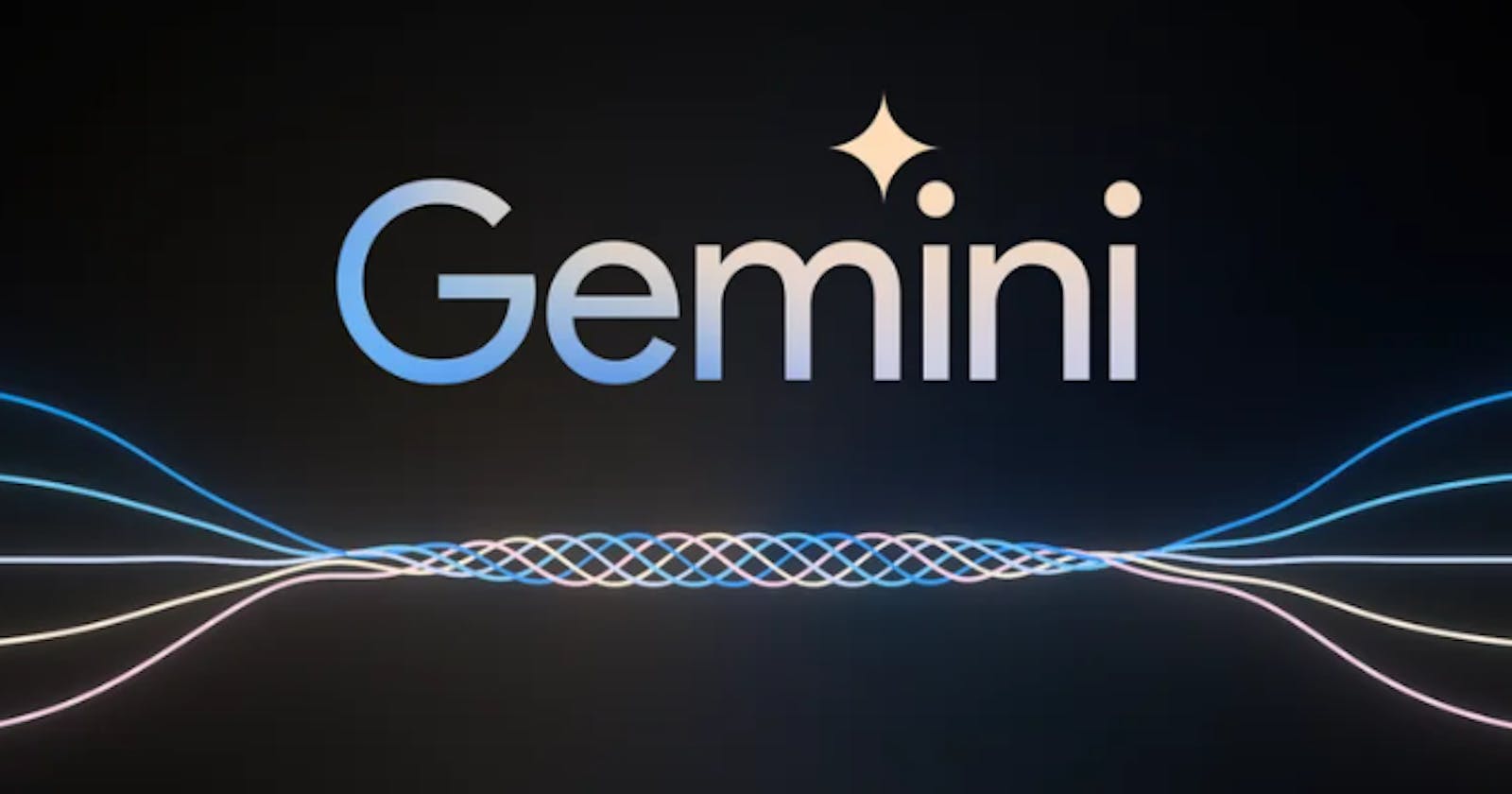Gemini is more than just a single artificial intelligence model. The Gemini Nano is a streamlined version designed specifically for running on Android devices without the need for an internet connection. Gemini Pro is a more robust variant that will soon fuel a multitude of Google AI services and serves as the foundation of Bard as of today. The Gemini Ultra is a highly advanced model developed by Google, surpassing all previous LLM models in terms of capabilities. It appears to be primarily targeted for data centers and enterprise applications.
Google is currently introducing the model through several methods. Bard has been upgraded with the advanced technology of Gemini Pro, while Pixel 8 Pro owners will benefit from a selection of additional capabilities provided by Gemini Nano. The release of Gemini Ultra is scheduled for next year. Starting on December 13th, Gemini Pro will be accessible to developers and enterprise clients via Google Generative AI Studio or Vertex AI in Google Cloud. Currently, Gemini is exclusively offered in English, however it is apparent that additional languages may be introduced in the near future. However, Pichai asserts that the concept will ultimately be included into Google's search engine, its advertising products, the Chrome browser, and other platforms worldwide. The future of Google has arrived just in time.Initially, Gemini is available in three distinct sizes, each designed for a certain function.
ChatGPT was introduced by OpenAI precisely one year and one week ago, instantly propelling both the company and the product to the forefront of the AI industry. Google, the company responsible for developing significant technological advancements in the current AI revolution, which has long identified itself as a "AI-first" organization, and was notably surprised and humiliated by the impressive capabilities of ChatGPT and the rapid dominance of OpenAI's technology in the industry, is now prepared to retaliate.
Now, let's address the crucial question, shall we? OpenAI's GPT-4 and Google's Gemini are about to compete. It is evident that Google has been contemplating this for a considerable period of time. "We have conducted a comprehensive analysis of the systems in parallel, including benchmarking," Hassabis states. Google conducted 32 comprehensive benchmarks to compare the two models, ranging from general tests such as the Multi-task Language Understanding benchmark to a specific one that evaluates the models' capability to write Python code. "I believe we have achieved a significant lead on 30 out of 32 of those benchmarks," Hassabis remarks, accompanied by a slight smile. "A few of them exhibit a significant lack of width." Some of them are bigger in size.
Over the years, Pichai and other Google executives have enthusiastically discussed the immense possibilities of artificial intelligence. Pichai himself has reiterated on multiple occasions that artificial intelligence (AI) will have a more profound impact on civilization than both fire and electricity. During its initial iteration, the Gemini model is unlikely to have a transformative impact on the globe. In an optimal situation, it might potentially assist Google in narrowing the gap with OpenAI in the competition to develop exceptional generative artificial intelligence. (In the event of the most unfavorable outcome, Bard remains uninteresting and average, whereas ChatGPT continues to achieve victory.) However, Pichai, Hassabis, and all other individuals at Google appear to believe that this marks the commencement of an immensely significant development. The internet propelled Google to become a prominent player in the technology industry; nevertheless, Gemini has the potential to surpass Google's success and become even more significant.

